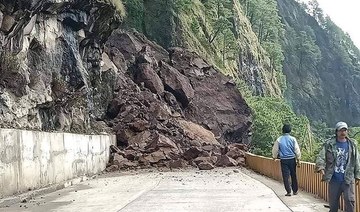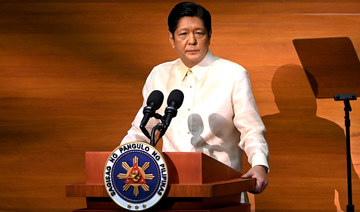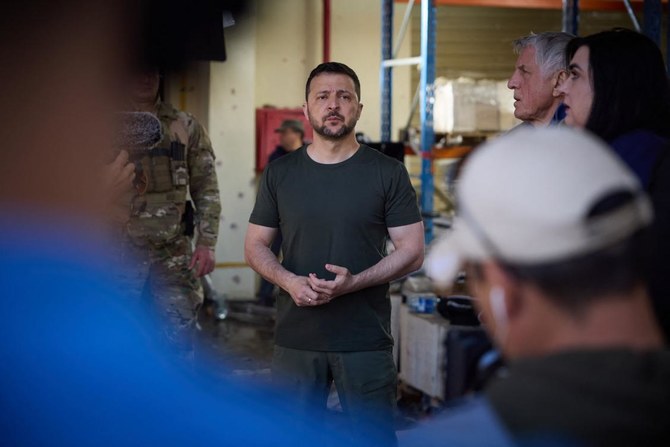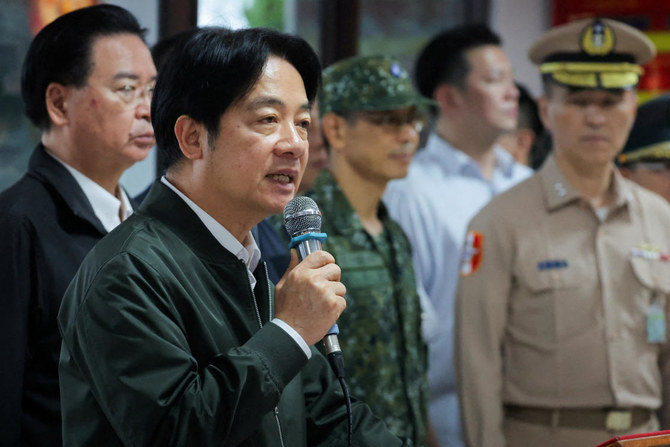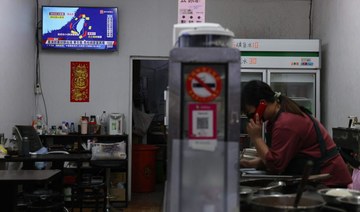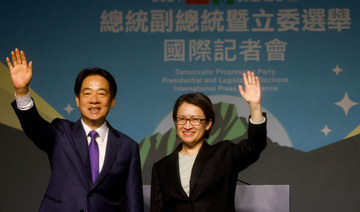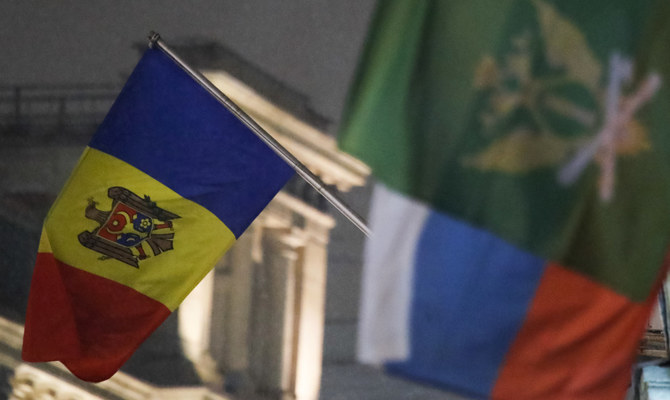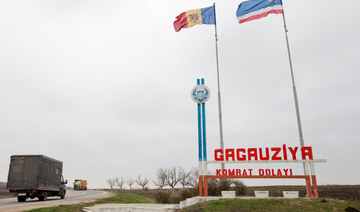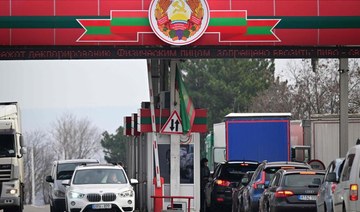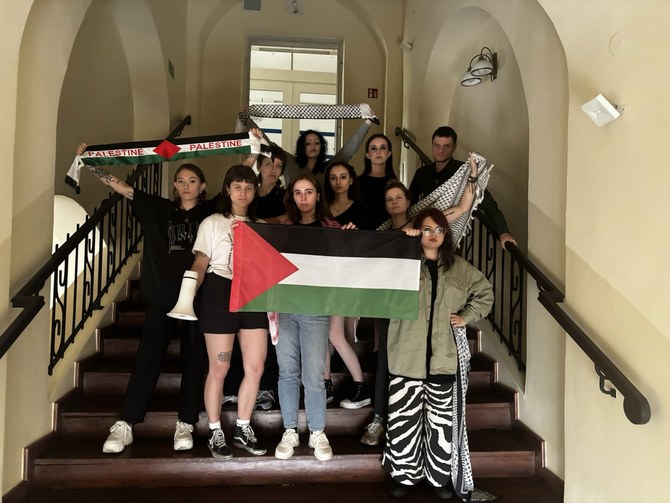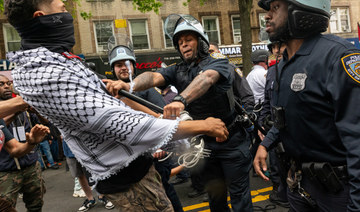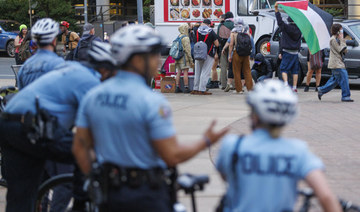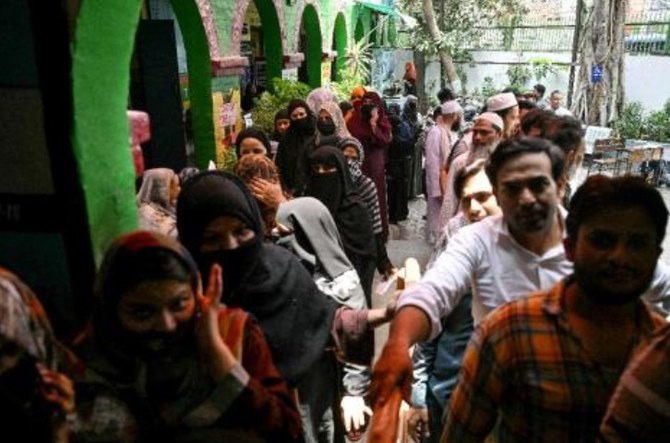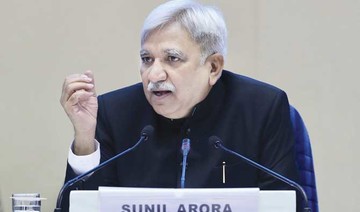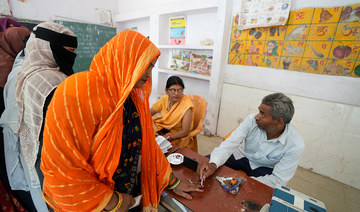BANGUED/MANILA: Philippines President Ferdinand Marcos visited on Thursday the quake-hit northern province of Abra and promised help to thousands of residents camped out in open spaces as hundreds of aftershocks rattled the area.
The 7.1 magnitude earthquake struck the island of Luzon on Wednesday morning, killing at least five people, injuring more than 130, and causing widespread damage to homes and infrastructure.
The quake also damaged scores of houses and other buildings, including centuries-old churches in the tourist town of Vigan.
The local government placed the whole province under a state of calamity on Thursday, saying that based on initial reports, 80 percent of its population was affected by the quake. The move will allow the province to use its calamity reserve funds for disaster response.
“For the affected and victims, let us make sure we are ready to support them and give them all they need,” Marcos told officials after being briefed during to a trip to inspect the damage.
Thousands of Abra residents camped out in parks, sports grounds, and streets on Thursday, scared to stay indoors as aftershocks hit the area. The Philippine Institute of Volcanology and Seismology has recorded nearly 800 tremors since the main quake.
Aftershocks were expected to continue for “several weeks,” Renato Solidum, the institute’s director, told the briefing presided over by Marcos.
More than 20,000 people have been affected by the quake, according to the National Disaster Risk Reduction and Management Council, which expected the number to increase.
In the province of Ilocos Sur, adjacent to Abra, the streets of Vigan, known for its old Spanish colonial architecture, have been cleared of debris, but shops, hotels and businesses remained closed.
Elma Sia, 52, who works at restaurant recalled the fear of being caught up in such a powerful earthquake.
“Everything was moving, our plates were breaking, our lights swaying. We were terrified,” she said.
“I could hear people shouting from a nearby McDonald’s restaurant, so people rushed outside to the plaza and started crying out of fear,” she said.
The quake, which hit close to the Marcos family’s political stronghold, also left a trail of destruction in Bangued town in Abra province, which was just 11km from the epicenter.
Residents camped out with their families in shelters because they were too scared to stay at home. Seismologists have recorded nearly 800 aftershocks since the main quake.
“We were so scared,” Erlinda Bisares told CNN Philippines. “We didn’t mind our belongings, we just hurried outside. Life is more important.”
The Philippines is prone to natural disasters and is located on the seismically active Pacific “Ring of Fire,” a band of volcanoes and fault lines that arcs round the edge of the Pacific Ocean. Earthquakes are frequent and there are an average of 20 typhoons a year, some triggering deadly landslides.
Public Works Secretary Manuel Bonoan told DZBB radio his agency had started to remove debris from main roads in Abra and other districts affected by rockslides during the quake.
But efforts to assess damage to irrigation works were hampered as some roads had yet to be cleared of boulders, the National Irrigation Administration said.
Northern Luzon provinces are among the country’s biggest growers of rice and vegetables.
Ricardo Jalad, administrator of the Office of the Civil Defense, told radio station DZRH some parts of Abra were still without power or water and experiencing communication outages.
The budget ministry said authorities were ready to release funds for disaster relief.
As parts of the province remained without electricity and supplies, the president ordered national agencies to prioritize the provision of water to the region.
“That’s something that has to be restored immediately … We have to put together a plan to restore the actual water systems,” he added.
The Philippines, an archipelago of more than 7,000 islands, lies along the so-called Ring of Fire, an arc of faults around the Pacific Ocean where the majority of the world’s volcanic eruptions and earthquakes occur.
One of the deadliest recorded in the Philippines occurred in July 16, 1990, when a 7.8 magnitude earthquake killed nearly 2,000 people in the country’s north.
(With Reuters)




